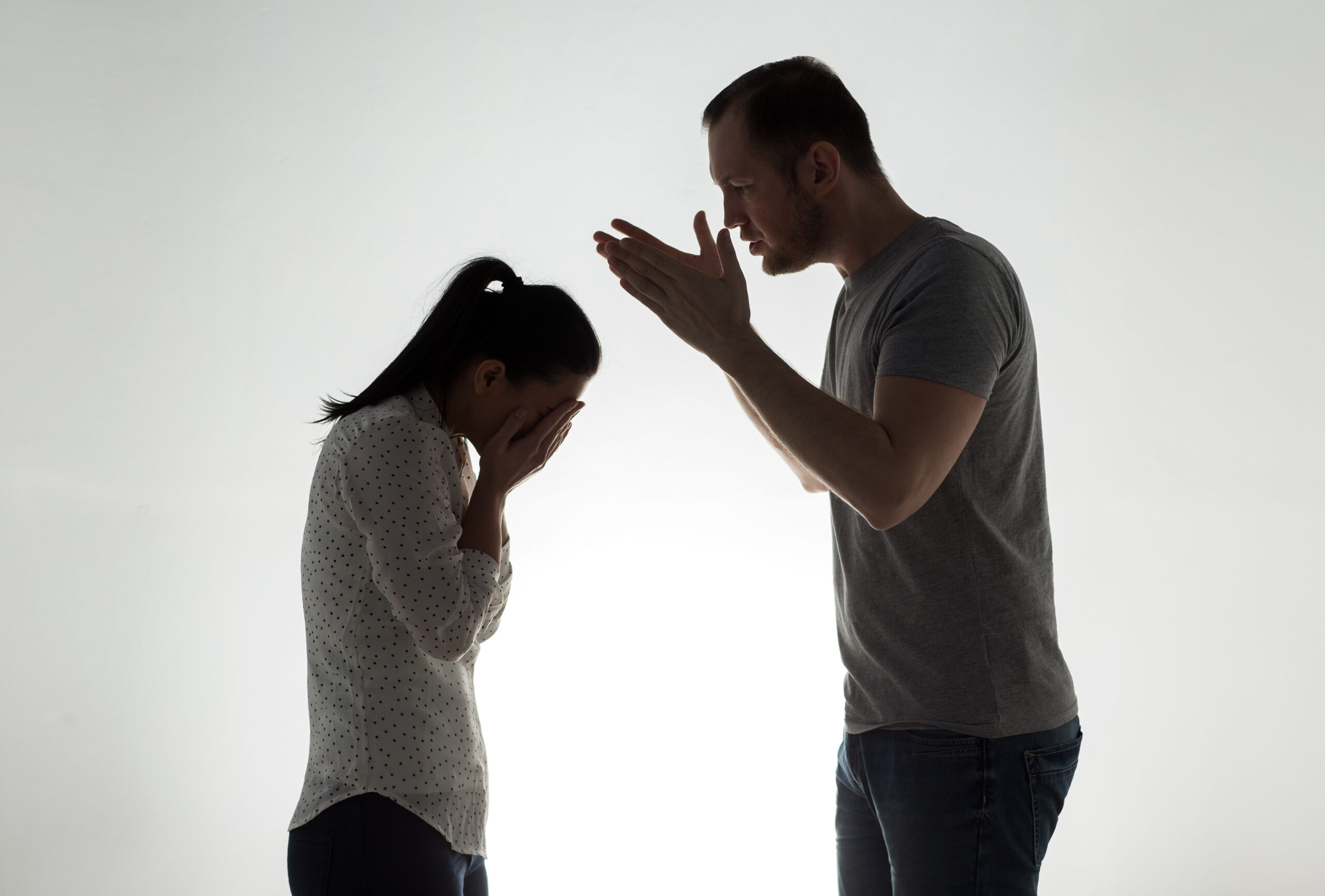
If you are seeking a divorce from an abusive spouse, it’s important to understand your rights and options. Please read this as we explore how domestic violence can impact your divorce and why connecting with a compassionate Garden City Divorce Lawyer is in your best interest.
What Fault Grounds Are Recognized in New York?
To pursue a divorce in New York, you must meet the state’s residency requirements and provide a legally acceptable reason or “ground” for the divorce. New York courts allow for both fault and no-fault divorces. If you file for a fault-based divorce, you need to prove the specific reason, meaning you must present evidence to the court that demonstrates your spouse’s misconduct led to the breakdown of the marriage. New York recognizes the following fault grounds for divorce:
- Abandonment
- Imprisonment
- Institutionalization
- Adultery
- Cruel and inhuman treatment
It’s important to note that cruel and inhuman treatment includes physical, verbal, or emotional abuse that endangers your physical or mental well-being to the point that it is unsafe for you to live with the abuser. In cases involving domestic violence, you can cite cruel and inhuman treatment as the grounds for your divorce.
Should I File a Restraining Order Against an Abusive Spouse?
If you ever fear for your safety due to domestic violence, you can request a restraining order or an emergency protection order. This court order is designed to keep you safe from your abuser by prohibiting contact, maintaining a certain distance, and in some cases, even forcing them to leave your shared residence.
Depending on the unique circumstances of your situation, the court may initially issue a temporary restraining order (TRO) which will provide immediate protection until a court hearing can be scheduled. A final restraining order (FRO) offers permanent protection unless you request the court to lift it.
How Can Domestic Violence Impact My Divorce?
If any orders related to domestic violence are granted, it will undoubtedly impact child custody and spousal support. However, courts are afforded discretion when it comes to how heavily they weigh evidence of domestic violence in divorce decisions. Above all considerations, the court will prioritize a child’s best interests. If a parent is accused or convicted of domestic violence, it presents a risk to the child’s well-being. As such, the parent’s custody rights may be reduced. In many cases, the court will include protections in the visitation plan, like meeting in a public place or imposing supervised visitation.
Furthermore, domestic violence can impact spousal support. New York judges often consider how domestic violence has affected the victim’s ability to be self-supporting. When the abused party would otherwise be ordered to pay spousal support to their abuser, a judge will excuse the abused from providing this type of financial support. In most cases, abusers are barred from receiving alimony. However, in cases in which an abusive party is ordered to pay spousal support, the court cannot force them to pay more than they would because of their wrongdoing. The court is also prohibited from awarding alimony as a punishment for one spouse’s bad behavior.
At the Law Offices of Eyal Talassazan, P.C. we are prepared to help you reclaim your freedom and secure a safer future. Connect with our firm today to learn how we can fight for you during these difficult times.
